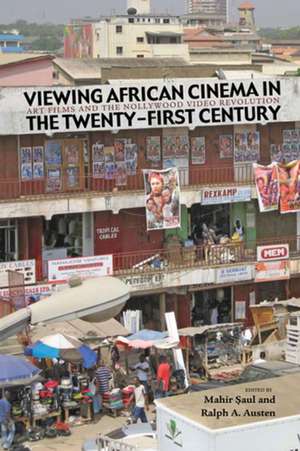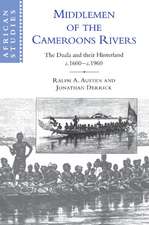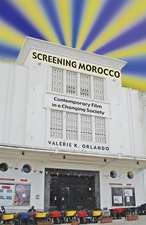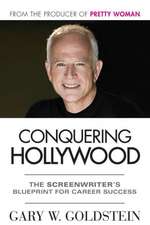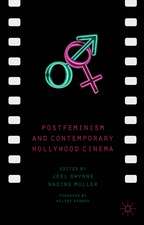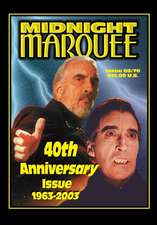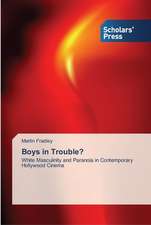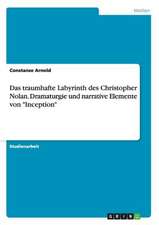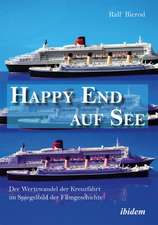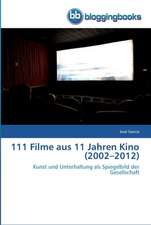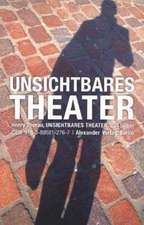Viewing African Cinema in the Twenty-First Century: Art Films and the Nollywood Video Revolution
Editat de Mahir Saul, Ralph A. Austenen Limba Engleză Paperback – 5 oct 2010
African cinema in the 1960s originated mainly from Francophone countries. It resembled the art cinema of contemporary Europe and relied on support from the French film industry and the French state. Beginning in 1969 the biennial Festival panafricain du cinéma et de la télévision de Ouagadougou (FESPACO), held in Burkina Faso, became the major showcase for these films. But since the early 1990s, a new phenomenon has come to dominate the African cinema world: mass-marketed films shot on less expensive video cameras. These “Nollywood” films, so named because many originate in southern Nigeria, are a thriving industry dominating the world of African cinema.
Viewing African Cinema in the Twenty-first Century is the first book to bring together a set of essays offering a comparison of these two main African cinema modes.
Contributors: Ralph A. Austen and Mahir Şaul, Jonathan Haynes, Onookome Okome, Birgit Meyer, Abdalla Uba Adamu, Matthias Krings, Vincent Bouchard, Laura Fair, Jane Bryce, Peter Rist, Stefan Sereda, Lindsey Green-Simms, and Cornelius Moore
Viewing African Cinema in the Twenty-first Century is the first book to bring together a set of essays offering a comparison of these two main African cinema modes.
Contributors: Ralph A. Austen and Mahir Şaul, Jonathan Haynes, Onookome Okome, Birgit Meyer, Abdalla Uba Adamu, Matthias Krings, Vincent Bouchard, Laura Fair, Jane Bryce, Peter Rist, Stefan Sereda, Lindsey Green-Simms, and Cornelius Moore
| Toate formatele și edițiile | Preț | Express |
|---|---|---|
| Paperback (1) | 200.54 lei 3-5 săpt. | +16.95 lei 5-11 zile |
| Ohio University Press – 5 oct 2010 | 200.54 lei 3-5 săpt. | +16.95 lei 5-11 zile |
| Hardback (1) | 474.13 lei 6-8 săpt. | |
| Ohio University Press – 4 oct 2010 | 474.13 lei 6-8 săpt. |
Preț: 200.54 lei
Nou
Puncte Express: 301
Preț estimativ în valută:
38.38€ • 39.92$ • 31.68£
38.38€ • 39.92$ • 31.68£
Carte disponibilă
Livrare economică 24 martie-07 aprilie
Livrare express 08-14 martie pentru 26.94 lei
Preluare comenzi: 021 569.72.76
Specificații
ISBN-13: 9780821419311
ISBN-10: 0821419315
Pagini: 256
Ilustrații: illus.
Dimensiuni: 152 x 229 x 20 mm
Greutate: 0.39 kg
Ediția:1
Editura: Ohio University Press
Colecția Ohio University Press
ISBN-10: 0821419315
Pagini: 256
Ilustrații: illus.
Dimensiuni: 152 x 229 x 20 mm
Greutate: 0.39 kg
Ediția:1
Editura: Ohio University Press
Colecția Ohio University Press
Recenzii
“A first-rate compendium of ongoing discussions about the nature, protocols, and impact of video-film production as a new media form in African cinema.” —H-Net
Notă biografică
Mahir Şaul is a professor of anthropology at the University of Illinois, Urbana-Champaign. He is coauthor of African Challenge to Empire: Culture and History in the Volta-Bani Anticolonial War and author of many articles on West African anthropology and social and economic history.
Ralph A. Austen is a professor emeritus of African history at the University of Chicago. He is the author of African Economic History and Trans-Saharan Africa in World History; coauthor of Middlemen of the Cameroon Rivers: The Duala and Their Hinterland, ca. 1600–ca. 1960; and editor of In Search of Sunjata: The Mande Epic as History, Literature and Performance.
Ralph A. Austen is a professor emeritus of African history at the University of Chicago. He is the author of African Economic History and Trans-Saharan Africa in World History; coauthor of Middlemen of the Cameroon Rivers: The Duala and Their Hinterland, ca. 1600–ca. 1960; and editor of In Search of Sunjata: The Mande Epic as History, Literature and Performance.
Descriere
African cinema in the 1960s originated mainly from Francophone countries. It resembled the art cinema of contemporary Europe and relied on support from the French film industry and the French state. But since the early 1990s, a new phenomenon has come to dominate the African cinema world: mass-marketed films shot on less expensive video cameras.
